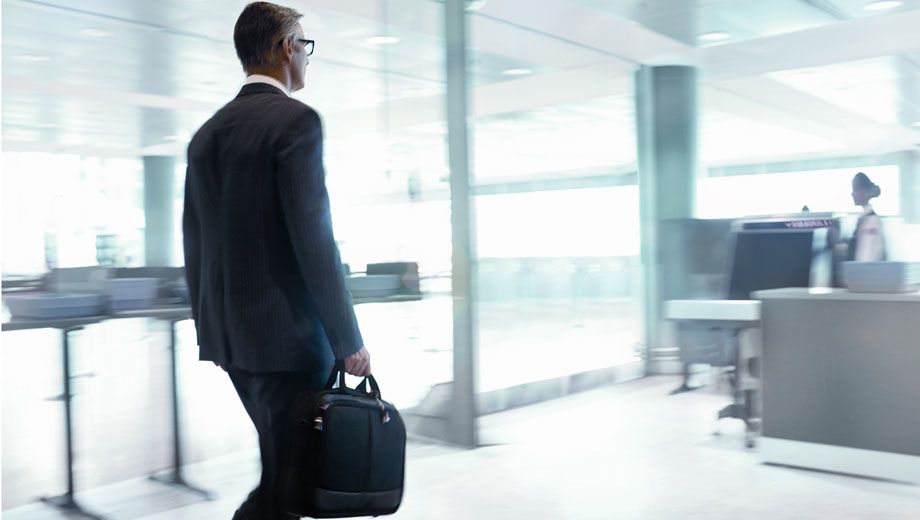Could 'security tunnels' help frequent travellers breeze through airports?

We could all be spending a lot less time in airport security lines in the near future if the International Air Transport Association has anything to do with it.
Rather than today's approach of a single security line for all passengers, IATA head Giovanni Bisignani is advocating a more intelligent approach that would direct passengers to one of three dedicated lines or ‘security tunnels’ based on a number of different factors.
There would be one line for “known travellers” or frequent flyers, where the security checks would be lightest (think no longer having to take your shoes off and take your laptop out of its bag!); another lane where checks are at a “normal security” level; and a third for “enhanced security” checks.
Passengers would be required to identify themselves at security – the exact method of identification is unknown but it could be via fingerprint, a biometric RFID passport or even a mobile phone with a boarding pass – at which point they will be matched against a stored profile and then assigned to one of the above mentioned security lanes.
In the “known travellers” lane and the “normal security lane”, passengers would be able to simply walk past an enhanced detection device with their hand luggage without stopping and continue on to their departure gate. The “enhanced security” lane will obviously warrant a little more attention than this.
So how exactly would the system decide what line to put you in? Bisignani said that travellers’ profiles will contain information such as their destination and the type of ticket, how they paid for their ticket and a number of other factors that can clue the authorities into more suspicious travellers - so travellers buying one-way tickets and paying with cash can expect a longer wait at the airport.
The profiles would also be checked by intelligence services, but IATA was quick to point out that passengers wouldn’t be racially profiled and that the organisation is “completely opposed to checking people by the colour of their skin or by their nationality”.
Of course implementing such a system is ambitious, and will require the co-operation of governments and other authorities for it to be successful. IATA is currently in discussions with a number of governments, who would have to provide the financial backing to see the plan through. Current estimates of the rollout for security tunnels suggest that if an early prototype system was able to be placed in a number of major airports by 2014, there could be a security tunnel in an airport near you within the next decade.
The ultimate goal of the security tunnel, and indeed IATA’s vision for the future according to Bisignani, is to be able to “get from the door of the airport to the door of the aircraft in a seamless and uninterrupted process”. Nothing would make us happier!
Hi Guest, join in the discussion on Could 'security tunnels' help frequent travellers breeze through airports?